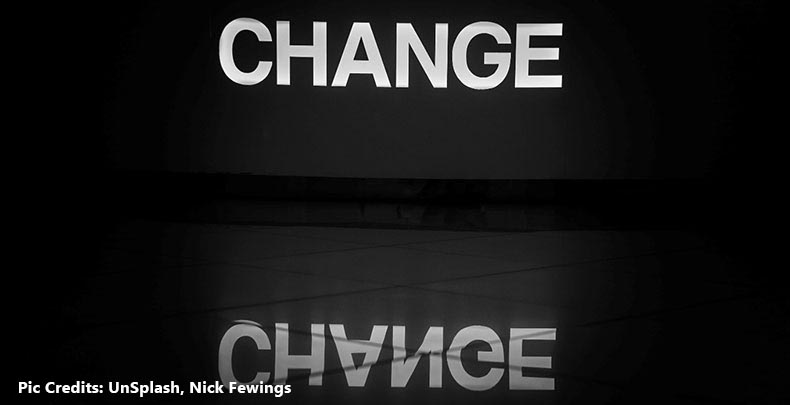
True to the organic nature of life itself, a transdisciplinary education in liberal arts seeks to dissolve the interdisciplinary boundaries and equips its pupils with an eye for discerning intersectionality and interconnections as a template for learning for life and learning from life. Sociology, as one of the disciplines offered as a major in a liberal arts programme, aims to equip the students with an interpretative lens to comprehend the diversely textured and layered world around them. Connecting theory in the classroom with real life struggles, events, movements and the everyday of a field of study, a Sociology major in a transdisciplinary liberal arts programme, would aim to go beyond its own disciplinary conventions and facilitate a convergence of learnings from all other disciplinary fields.
Let’s take for example, the case of two popularly mutually exclusive disciplines like Sociology and Management, which are now coming together manifested in practices of ‘Corporate Anthropology’ – already popular in the western countries. A transdisciplinary approach, stressed also by the National Education Policy for liberal arts, would enable the sociological research methods, say that of ethnography, to be able to talk and cater to product marketing or employee welfare, which hitherto have been strictly to the purview of management. Ethnography, or the method of doing people-centered research would lend to the strategy of marketing a lens to comprehend complexity and understand people and cultures better. It follows then that a graduate in liberal arts would have an edge over a graduate in management, who wants to pursue a career in the corporate world. The rising trend where business houses like General Motors and CaratLane are hiring sociologists to solve stubborn operational problems and to understand their clients and markets better, is a testimony to the boundless potential that transdisciplinary liberal arts education holds.
A bachelors’ degree in liberal arts with essential foundational courses in research, critical thinking, and ethics, finished with a major, which students choose only after careful and close deliberation can prepare the students for more niche areas of postgraduate studies. Global Leaders’ Alliance (GLA) is a unique opportunity for all graduates to undertake a year long, fully funded postgraduate diploma taught by the best minds from around the globe. International faculty from ivy league universities like Oxford and Cambridge have been roped in to teach the students in India’s first truly fully funded postgraduate programme. Keeping transdisciplinarity as the core principle, the programme will enable the students to take a range of courses inspired from the organicity of life itself, like governance and citizenship, social welfare and environment, critical thinking, experience of art, philosophy of law, ethics of artificial intelligence, philosophy of rights and history of mathematics, to name a few.
Considering the progressive strides taken by India’s NEP as well as the current context of a world staggering under the debilitating pandemic, trying to rebuild itself, a more comprehensive and wholesome approach to higher education becomes the need of the hour. Embracing the intersectionality and cross-sectionality of identities, practices as well as disciplines shall pave a surer way to the future. The feat of enabling the youth of today to make the future a better tomorrow for all can be confidently entrusted to an alliance of transdisciplinarity and liberal arts.
Benu Verma
Assistant Professor
Alliance School of Liberal Arts
